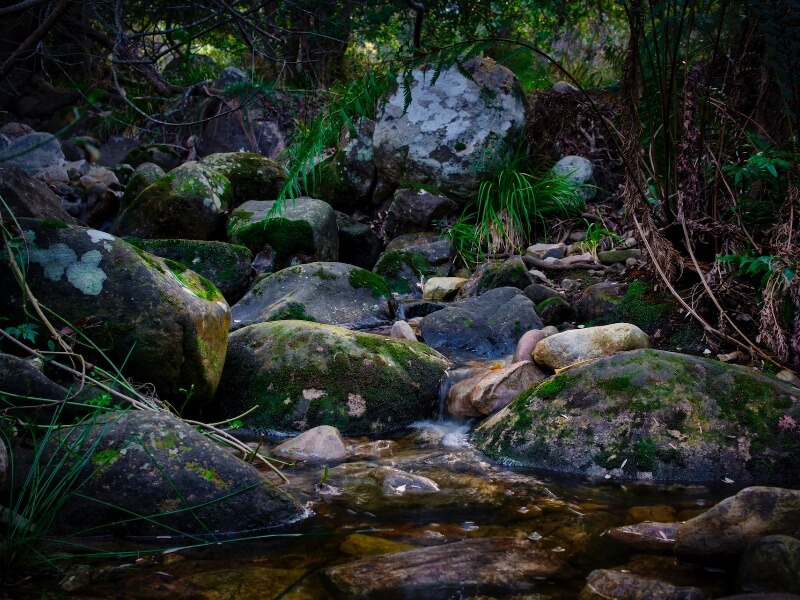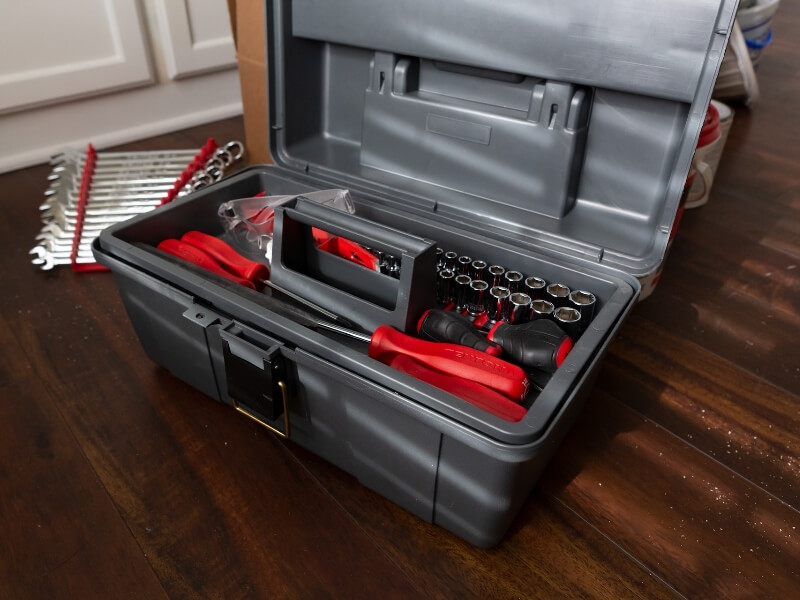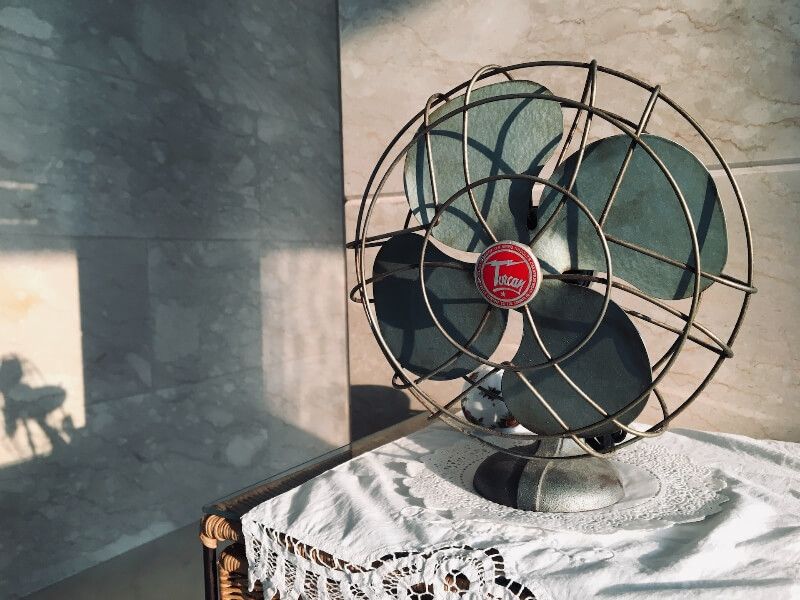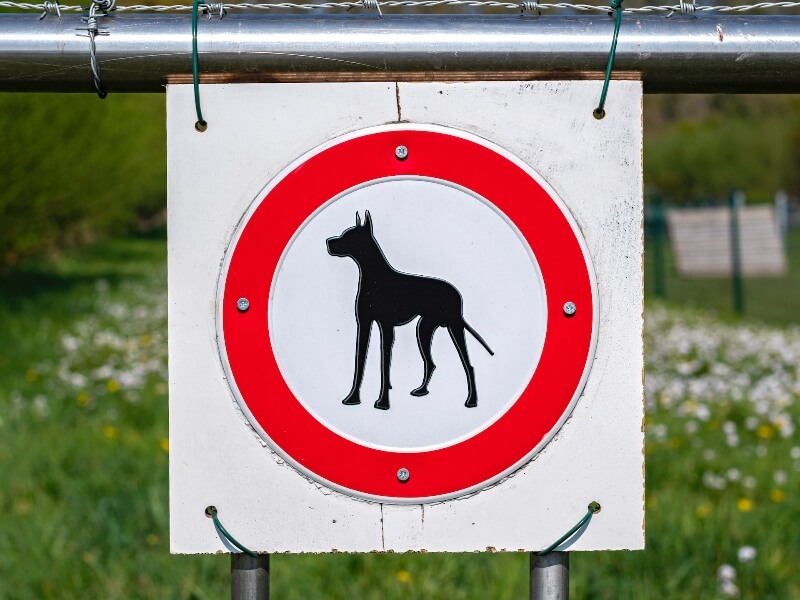You do everything you can to ensure your family has what they need should a SHTF scenario occur. However, one mistake many preppers fall into is investing in equipment but never taking stock. Knowing what you have and what works is critical to maintaining your homestead in an emergency.
Ideally, you should cycle through your stockpiles and use them in daily life, using the oldest stuff first. While this procedure works well with canned goods, it’s not as efficient at ensuring the big items work when required. You need an organized approach and the proper equipment.
Here are 11 critical pieces of equipment preppers need to maintain their homestead and ensure they’re ready come go-time.
Basic Equipment
Your first order of business in a SHTF scenario is staying alive and maintaining contact with the outside world so you know what’s going on to evaluate your options. For that, you need the following.
1. Power Generation
Hand-crank radios fill a purpose but are truly last-ditch devices. For others to work, you need juice. You must also keep your phone charged to ensure backup power. If you have a backup generator, consider upgrading by adding a solar version and a power bank.
Furthermore, power is essential to heat. You need a generator that produces at least 2,000 watts for a space heater and closer to 4,000 to power your HVAC — without all your other appliances plugged in.
 2. Water Filtration
2. Water Filtration
You can go for a considerable time without food, but you won’t last more than three days without water — and that’s in ideal conditions. Therefore, water filtration is a must. Many preppers invest in a Berkey system or similar devices.
However, it’s also wise to keep a few filtration straws on hand and practice using them on camping trips to master the knack.
3. Medical Supplies
Every prepper needs a well-stocked first-aid kit. Dedicated people can investigate services like Jase Case, which provides a month’s supply of antibiotics. They can also help you maintain an emergency stash of prescription medications.
Home and Vehicle Maintenance
Your second order of business is running routine maintenance. Ensure you have the right equipment to tackle the scenarios you’re most likely to encounter and keep it in working order.
4. A Well-Stocked Tool Chest
This tip has more to do with organization than maintenance. Ensure you organize your tools and know where everything is. Nothing is more frustrating when your family is freezing than going on a three-hour search for the right wrench to tighten the line to your propane tank.
Additionally, make a home maintenance checklist, ensuring it includes your:
– HVAC system
– Sump pump
– Refrigerator
– Water heater
Finally, you should inspect your car yearly so it’s ready to go in case you need to bug out. Add oil changes and an annual checkup of your belts, hoses and tires to your list.
5. Coolers
You should eat what’s in your fridge and freezer first before digging into your cans and MREs. However, you’ll need a place to save it until you can get to it, and coolers prevent unnecessary loss and waste.
6. A Dehumidifier
Your generator and heater cover you when it’s cold out, but what about soaring summer temperatures? Although often overlooked by preppers, a dehumidifier can be a lifesaver.
For example, an 80 deg F day with a dew point of 60 creates a relative humidity of 50%, enough to make you mildly uncomfortable. However, you run into trouble when the dial reaches 90 F with high humidity, as it begins to impair human functioning.
Dryer air can make you feel cooler and protect your ability to function in high temperatures. Additionally, it creates an extra water source — don’t waste what collects in the tray. Instead, filter it to make it safe for use.
7. Fans
Fans circulate air, which can make you feel several degrees cooler. They’re also essential for drying your belongings after a flood to prevent mold.
8. Lumber and Patch Materials
Even the best-maintained homesteads occasionally need work. However, your nearest hardware store could close — keep a supply of materials for making repairs.
Defense
Hopefully, you’ll never have to worry about defending your homestead from looters, as a bad situation will blow over before things become too dire. However, you should also remember these things when doing maintenance.
9. Perimeter Defense
Does your alarm system have a battery backup? When did you last test it? How much power does it need to function? Do you have a backup plan, even if it involves strings and cans? Unless your lease says, “No dogs allowed,” a canine companion is also a deterrent.
10. Means of Escape
You maintain your car, but what if the roads become impassable? Do you have alternative escape routes you can take on foot or bicycle? If the latter, are your e-bike batteries charged or dirt bike fueled? Have you maintained your cycle, or are the tires flat?
11. Firearms
Hopefully, you won’t need to use your firearm, but you likely feel safer with it. That said, your protection can quickly turn on you if you don’t practice. Get out to the range regularly.
Run drills, take a basic firearms course if you haven’t already, or advanced training to further hone your skills in tactical situations.
Critical Maintenance Equipment Preppers Need on Their Homesteads
You want to do all you can to ensure your family stays safe no matter what. Stocking up on the necessary equipment is only the first half of the prepping puzzle.
Regular homestead maintenance ensures your equipment is usable in a SHTF scenario. Double-check that you have what you need and it’s ready to go.
=====
Become a Survival Dispatch Insider …
We bring together survival enthusiasts and preppers to share skills and knowledge, so you can enhance your preparedness for emergencies and ensure the safety of you and your community.
The Results You’ll Get …
Our community, courses, and memberships are pretty special. We’re focused on the ways it will make a huge difference in your life.
Here are a few of the things you’ll be able to do as a member of Survival Dispatch Insider …
1) Improve your emergency preparedness by learning survival skills and strategies from experienced preppers.
2) Build lasting connections with like-minded individuals that share your passion for safety and readiness.
3) Access a wealth of knowledge and resources to assist in protecting you and your community during unexpected situations.
Click HERE to get started.
=====



